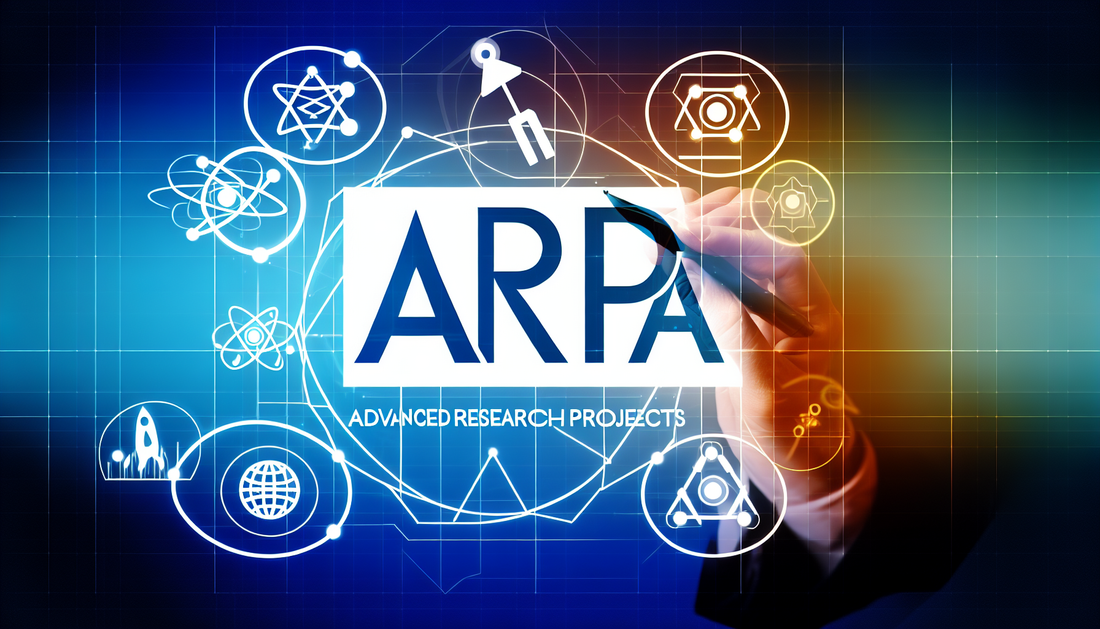
Unpacking ARPA's Major Criticisms and Challenges
Share
Biggest Criticisms of ARPA (ARPA): A Closer Look
ARPA (ARPA), a blockchain-based privacy-preserving computation network, has gained attention for its ability to enable secure multi-party computation (MPC). While it has positioned itself as a promising solution for private data-sharing and computational tasks, ARPA is not without its critics. Below, we dive into the biggest challenges and criticisms that the network faces, from technical concerns to its broader adoption hurdles.
1. Limited Adoption and Real-World Use Cases
One of the most common criticisms levied against ARPA is the network’s limited penetration in real-world applications. Privacy-preserving computation and MPC, while innovative, remain niche fields. The lack of widespread adoption raises questions about the practical applicability of ARPA’s technology and whether it can attract significant partnerships or users outside of academic or highly specialized industries.
2. Competition from Similar Networks
ARPA operates in a competitive space, with several blockchain protocols and traditional cryptographic solutions addressing privacy and secure computation needs. Competing platforms such as Oasis Network and Secret Network have managed to secure influential partnerships and offer robust ecosystems. Comparatively, ARPA has struggled to differentiate itself and carve out a dominant position.
3. Concerns Around Decentralization
Decentralization is a key tenet of blockchain technology, but some analysts have raised concerns about the degree of decentralization within ARPA's ecosystem. Critics argue that the governance framework and operational roles of nodes could potentially centralize power, creating vulnerabilities or conflicts of interest in the network’s decision-making processes.
4. Complexity of Technology
The technological backbone of ARPA relies heavily on secure multi-party computation, which is complex and difficult for non-specialist developers to implement or understand. This technical complexity has created barriers to entry for new developers and could limit ARPA’s ability to grow a strong developer community. Without sufficient developer engagement, expanding its ecosystem remains a challenge.
5. Regulatory Uncertainty
Like many blockchain projects, ARPA is not immune to regulatory challenges. The increasing scrutiny of privacy-focused blockchain solutions has created an unpredictable regulatory landscape. Given that ARPA specializes in secure, privacy-centric computations, regulators may perceive it as a tool for enabling data privacy in ways that may conflict with transparency requirements in certain jurisdictions.
Related Reading
If you're interested in other blockchain and governance challenges, check out: Lido Finance Addressing Major Criticisms and Concerns, Unpacking Filecoin Major Criticisms Explored, or The Internet Computer Unpacking Its Biggest Criticisms.
